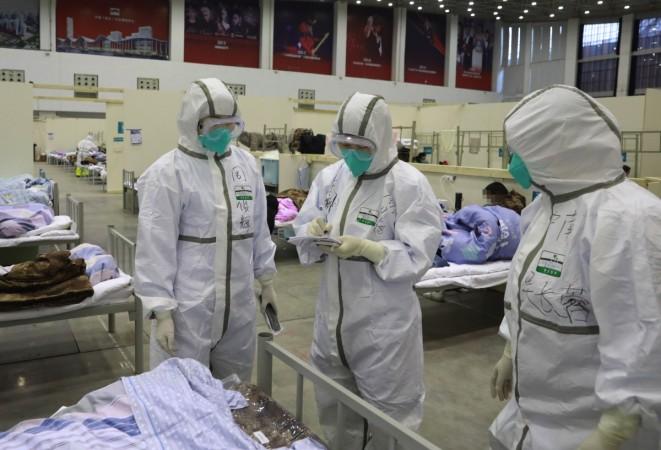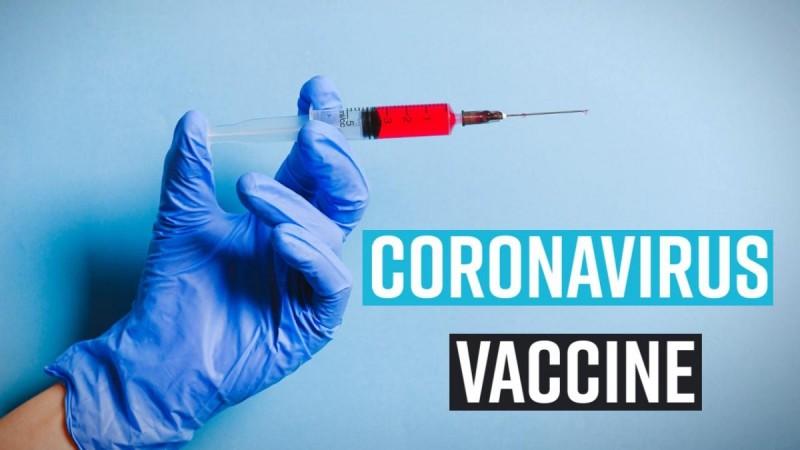This is an unprecedented time for all of us. Never had these many people have been under house either voluntarily or forcefully. The fast-spreading novel coronavirus has literary pushed every country in the world to take up the draconian measure to contain the spread of COVID-19.
From shutting down industries to the closing of schools and offices and suspending all kind of public gathering the government around the world are taking drastic measure to prevent people to people contact on a society level. Though social distancing is imperative in controlling the spread of the coronavirus in the initial phase of the pandemic, long term suspension of social and economic activities is unsustainable.

So when can we expect this lockdown to be uplifted?
Not so soon. It could take a long time-perhaps year. This is what most of the scientist around the world are saying.
Governments and scientists are looking for an "exit strategy" to phase out of this challenging time but so far there is none in sight.
Click here for entire coverage by the IBT on coronavirus pandemic
According to experts if restrictions are lifted immediately or in the near future, the gain made in terms of limited numbers of coronavirus cases would be erased. Due to lockdown and restriction on movement, the number of infection cases have been comparatively low. If restrictions are lifted then cases will soar exponentially. And no country in the world is prepared enough to handle a massive number of patients all at once. Even the world's biggest economy, the US, is struggling in dealing with high rates of infection due to coronavirus.
"We are in it for a long haul, at least for another month or two," Eric Feigl-Ding, a global health economist at the Harvard Chan School of Public Health, told CNBC.

Not right to compare the situation with Wuhan, China
Feigl-Ding said that it won't be wise for government around the world to compare their situation with Wuhan where restrictions have been eased and people are allowed to move around though with some limitations.
He said, "we can't divert one-quarter of all of the doctors and nurses from other parts of the country to come to one epicentre like China did."
The virus first emerged in Wuhan, Chian in late December in 2019, leading China to seal the entire city to contain the virus. It, however, spilt and by now has spread to over 190 countries.
The virus has infected over 1,485,981 people worldwide with 88,630 deaths as of on April 9, 2020.
The virus is still not over with its exploration of human bodies and will continue to do so for some time or unless there is an effective vaccine is in sight.
How far away are we from the vaccine
Till now there is no effectively proven vaccine for treating COVID-19 (the disease caused by the novel coronavirus). Numerous clinical trials are going on both for therapies to treat COVID-19 and possible vaccines to treat the disease but experts say that it would take at least 12-18 months for a vaccine to come by.

Even then, after a vaccine to treat COVID-19 is developed, we should not be thinking to going "back to normal" scenario very soon.
"If 'back to normal' means acting like there never was a coronavirus problem, I don't think that's going to happen until we do have a situation where you can completely protect the population," said Dr Anthony Fauci, the Director of the US National Institute for Allergy and Infectious Diseases.
Protecting the entire population if is not impossible then definitely be a gigantic task. Even if governments around the world commit to undertake this task, there is no time limit when the vaccine would be available to use for the public. Not many are favouring to wait for developing a vaccine in order to manage the crisis.
"Waiting for a vaccine should not be honoured with the name 'strategy', that is not a strategy," Prof Woolhouse of the University of Edinburgh told the BBC.
This brings us to another possible scenario to move out of this mess.
Herd immunity:
Herd immunity is a concept where a large number of people- around 60% of the population, are infected with the disease and the stage is reached where the virus cannot cause an outbreak.

Some experts have offered this as one of the possible solutions but it is as debatable as such suggestions could be. Epidemiologist and former Principal of Christian Medical College, Vellore, Dr Jayaprakash Muliyil, is one such voice in the country who suggested that India should move towards developing "herd immunity".
But how acceptable this proposition would be, is a matter of debate. For there is no data and no sure way of knowing who all would come under that 60% group.
Given that the elderly population is more susceptible to this disease and there isn't a robust healthcare system in India, the mortality rate in such a scenario is bound to be very high.
How long will the immunity last?
Another question in the same proposition is how long that immunity would last? Another coronavirus that causes common cold invokes weak immune response and people can catch the infection multiple times over their lifetime.

If SARS-CoV2 adopts a similar pattern then it would be difficult to actually break the cycle because the virus can bounce back when the immune system is weak and it encounters a "naive" immune system among the population.
Alternatives
There is some talk of changing our behaviour permanently to stop the transmission of the virus.
That is, following the measure put in place to curb the spread of the virus in addition to rigorous testing and isolation of patients infected with the disease.
However, for the long term solution, only effective vaccine can somewhat guarantee to bring back our pre-coronavirus "normal days".
"Long term, clearly a vaccine is one way out of this and we all hope that will happen as quickly as possible," says epidemiologist and UK's chief medical officer, Prof Chris Whitty.

















